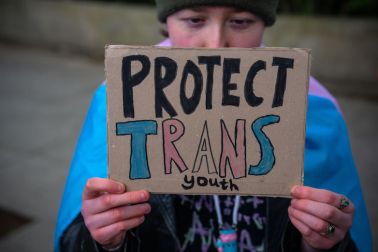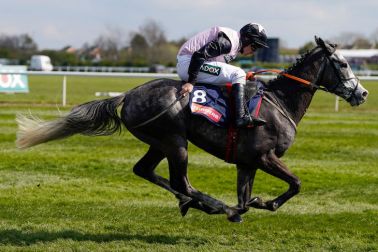Now that the coup of the plastic spoons appears to have failed – Jacob Rees-Mogg and his accomplices could not even synchronise their pocket-watches – Theresa May finds herself back where she has been all along: strengthened by her weakness. This is a remarkable situation for any prime minister but not, for May, an unprecedented one.
It helps that her enemies are so utterly incompetent. The sallow men of the European Research Group are not only not a government in waiting but not a collection of kingmakers either. Just as Voltaire quipped that the Holy Roman Empire was in fact none of these things, so we may say something similar about the ERG.
But, in fairness to the Moggists, they are not the only group suffering from delusions of influence. There is plenty of that to go around and wishful thinking is the currency of the moment. This has long been apparent amongst the hardcore Brexiteers but they are increasingly meeting their match in diehard Remainers for whom “No Brexit” now shimmers as a tantalising mirage.
All across Westminster, however, politicians are deeply invested in seeing the things they want to see. Thus the Brexiteers imagine that a deal more advantageous to UK interests may replace the deal the Prime Minister has put on the table. At no point have they managed to explain how and why the EU might reopen negotiations it considers concluded and that, moreover, some EU states worry is actually too generous to the United Kingdom. Yet again, the Brexiteers forget there are two parties to a negotiation and each has an interest to protect. In those circumstances it is only natural that the larger, more powerful, party that has less to lose from the negotiation has the upper hand.








Comments
Join the debate for just £1 a month
Be part of the conversation with other Spectator readers by getting your first three months for £3.
UNLOCK ACCESS Just £1 a monthAlready a subscriber? Log in